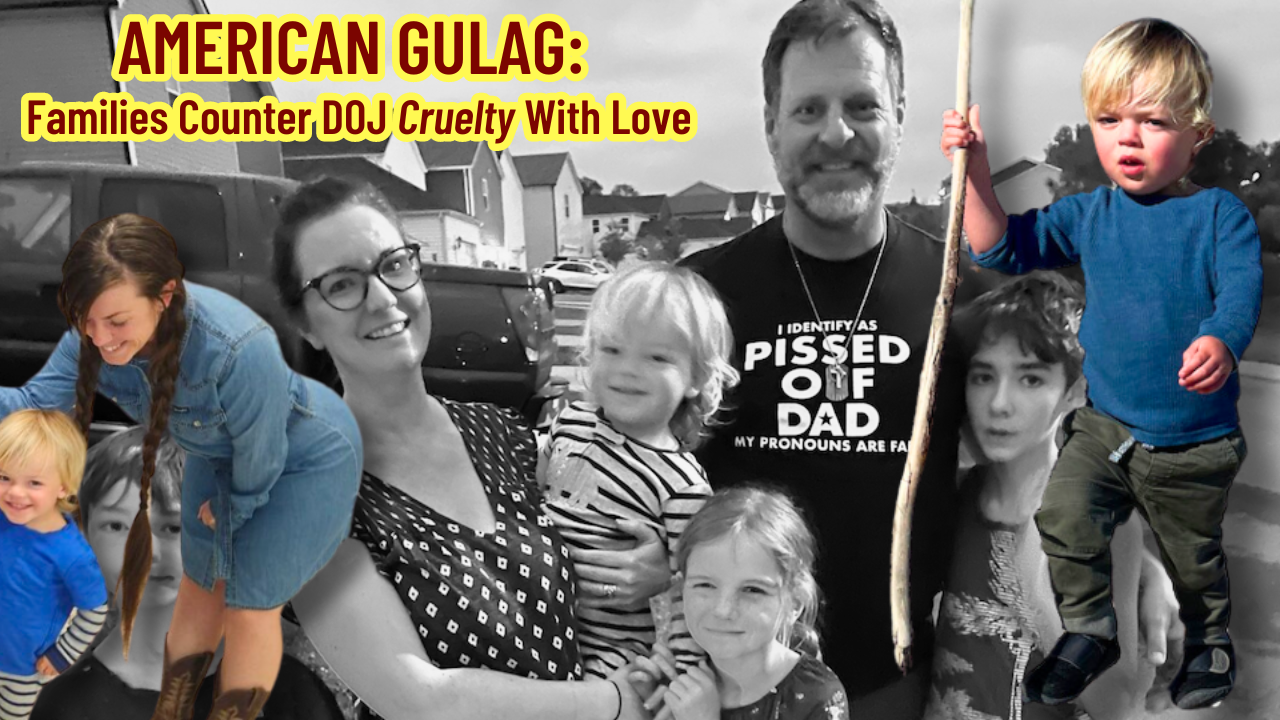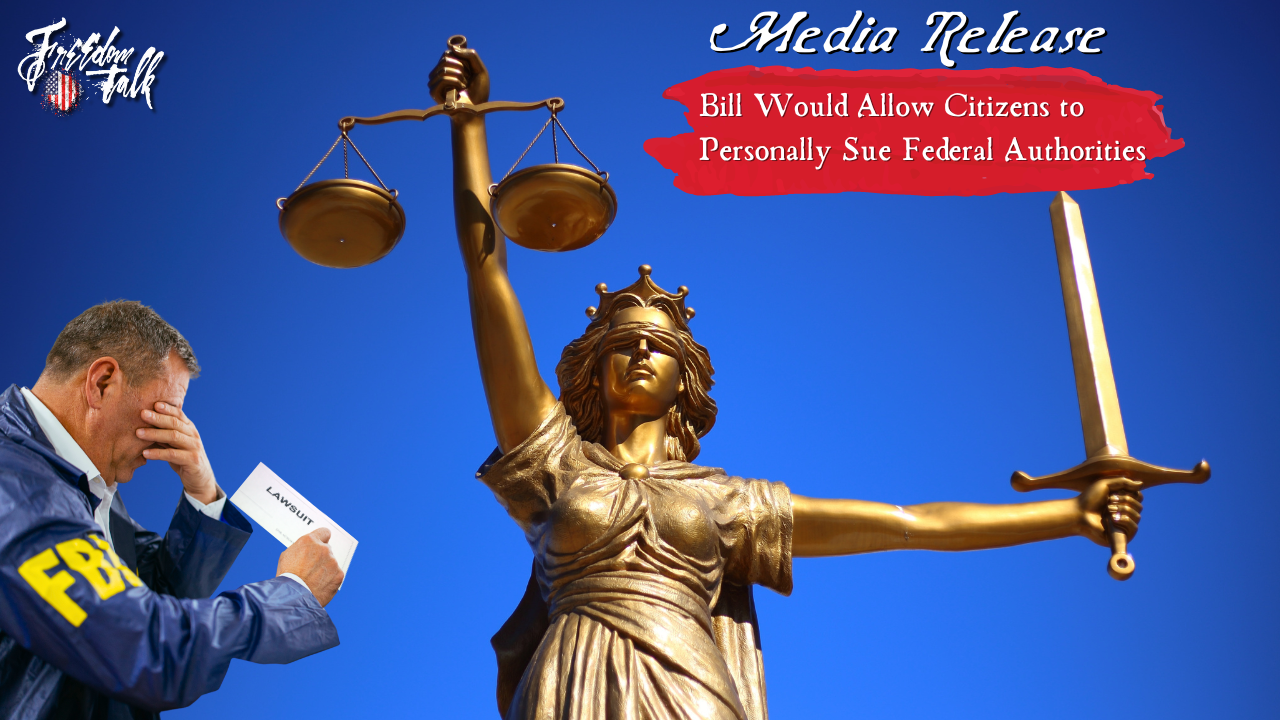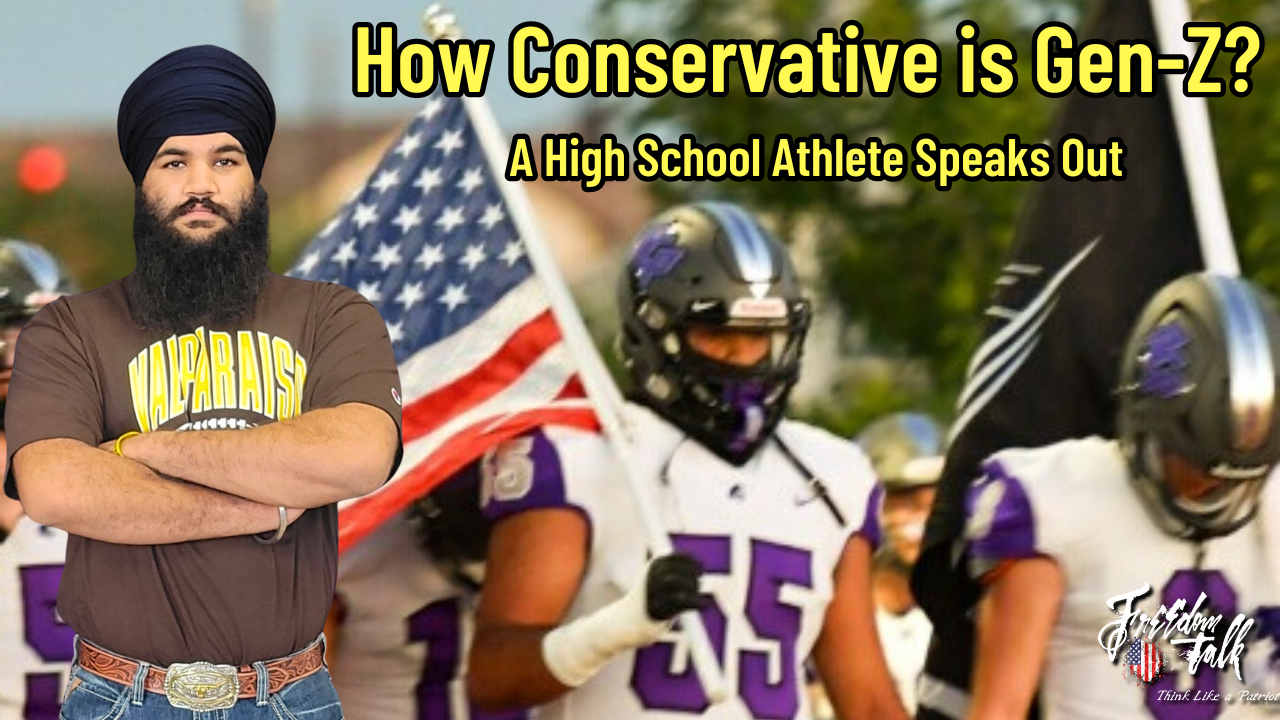“The chief pang of most trials is not so much the actual suffering as our own spirit of resistance to it. –Jean Nicolas Grou
“He taught us all that the grimmest twists of life were not entirely humorless.” –Slavomir Rawicz, The Long Walk
“I thank God for my handicaps, for through them I have found myself, my work, and my God.” –Helen Keller
“I believe in the sun, even when it’s not shining.
I believe in love, even when feeling is not.
I believe in God, even when He is silent.” –Words found inscribed on the wall of a concentration camp
“The fact is, life has been found to be more meaningful for many who are in pain, than for many in pleasure. Prior to the problem of pain is the frustration of meaninglessness even when every comfort we pursue comes within reach.” –Ravi Zacharias
“Pain – it’s often seen as the greatest inhibitor, keeping us from happiness. But I see it as a giver of freedom.” –Philip Yancey, Where is God When It Hurts?
One of the biggest barriers to believing in a compassionate, all-powerful God is what has been called the “problem of pain.” As a friend of mine said, “What father, if he had the power to do so, wouldn’t save his child from suffering?” Many people refuse to believe that God exists because the idea doesn’t square with the suffering they see in the world. Others say it’s possible there is a God, but that He’s either powerless to stop the evil and suffering in the world, he’s indifferent, or he created the world and then walked away from it.
Why is there evil and suffering in the world? If God is good and all-powerful, why has He allowed the Rwanda massacres, the Holocaust, 9/11, or devastating tsunamis? Why do innocent people die?
These are tough questions, and they have vexed me personally for years (as they should you, as well). I once heard someone say, “Oh, that’s easy,” just before she proceeded to regurgitate the stock answer from her church. Nothing, however, could be further from the truth. There are no easy answers to these, some of the most challenging and important questions in the universe! Any answer we can come up with is incomplete, as there are some things we just can’t know—whether one believes in God or not. The clay cannot always know the purpose the artist has in mind as it’s being fashioned (it just knows it’s getting thrown around and pounded a bit more than it likes). A logical answer also does little to comfort someone who is suffering. Even so, there are some explanations that provide starting points.
Let’s tackle these questions one at a time. Keep in mind, however, that you must find your own answers and seek to make sense of this in your own life. You can have “all” the answers tucked away in your mind, but these will all crumble like a house of cards when tragedy strikes close to home if you do not have deeper answers written in your heart. Ultimately, you can only find answers by living life with its sunlight and shadow and by having compassion on others in their suffering, feeling their pain.
Some of the greatest answers for the presence of evil and suffering in the world came from the late C.S. Lewis, a one-time atheist turned Christian scholar. You may know him as the author of children’s books and the ensuing movies such as, The Lion, the Witch and the Wardrobe and the other Chronicles of Narnia. He was also the author of several non-fiction books, including The Problem of Pain, Mere Christianity, and A Grief Observed. His works are considered classics today and are widely quoted. But there is something you should know about Dr. Lewis.
Lewis had wonderful answers to some of life’s biggest questions. He was eloquent and systematic in his defense of the Christian God. But Lewis did not open his heart to love until late in life, when he met his soul’s completion, a woman named Joy Davidman. Indeed, as her name would suggest, his marriage to her would bring joy into Lewis’s life that he had never known before. These were the most sunlit moments in his life. The two became like young lovers, sharing a passion and ecstasy of a lifetime in a few short years.
Like all good things, however, even this could not last forever. Lewis knew when he met Joy that she was dying of cancer. A brief remission gave them a few years to share together. When she died, Lewis was devastated, and his carefully constructed explanations of the meaning of suffering and death seemed just so many empty words.
Lewis had seen the shadowed side, had known the depths of grief and emotional suffering. In the throes of his pain, his controlled and reasoning exterior fell apart. He spoke his grief, he questioned, he hurt deeply and cried out. He was honest enough to bluntly question his Creator, as many of us will too when faced with pain. He asked hard questions and entertained some very dark thoughts. Lewis eventually he came to terms with his loss and with his God, though as a completely changed man in matters of the heart.
Some will claim this suffering was “good for” C.S. Lewis, that suffering is good for all of us in that it makes us grow. I disagree. Suffering is not good, and it is not something that God ideally wants us to experience. God’s first choice was for us to live in harmony with Him, all our needs met. Wrong choices drove us out, and they keep us out today. If all people truly loved one another and lived life in the image of their Creator, then this earth would still be a Garden.
Suffering is a temporary necessity. It is something that God uses to our benefit. Pain, suffering and evil are things that God can transform and use in our lives, but they are not things He creates, is happy with, or intends to have around forever. They are the natural effects of a world that is out of balance. This world is obviously not the “best of all worlds.” Suffering may be inescapably necessary for the time being, for without it, we would never understand that actions have consequences, and we would be unremittingly spoiled. Perhaps, though, we should focus on the good that can be redeemed through it rather than on whether or not it should exist.
When you become a parent, you’ll come to understand on a deep level that your kids will have to experience some suffering in order to learn and grow. A completely easy life, where everything is gained too easily, is not the best thing for anyone. Nonetheless, that does not mean that you will enjoy their suffering, or that you won’t want to give them everything.
Once you know they have learned from the ups and downs of life, worked for a living and become responsible—once they are ready—then, you will be able to give to them freely. But much worse than allowing them to stumble and learn to get back up on our own, is to let them fall and stay down. What parent would give car keys to a reckless and irresponsible child? Would that be love or weak indulgence? Good parents know that their children can’t have certain powers and prerogatives until they learn some valuable lessons. Removing all the obstacles from their way, making everything easy and giving them anything they might want is, ultimately, not love.
Your soul, the spirit given by God that moves in the vessel of your material, animal body, is infinitely more precious than this brief struggle we endure down here on the skin of this dying planet.
You can learn a great deal from suffering and trials, some of which you cannot learn in better times. Certainly, suffering makes you less self-sufficient and shows you the need for your Creator as well as for other people. It can teach you compassion, to feel for others who are suffering.
I don’t believe that all pain has a specific purpose, and I have not found a way to justify or find the “bright side” of the suffering and death of innocent children. I do think it strange, however, that many who reject God blame Him for the tragedies that befall us. I am convinced that God is not pleased that things are as they are on this planet, and I believe He is even more upset by evil and suffering than I ever can be; He sees it all. Perhaps an illustration will help.
I used to watch a show called “Intervention,” in which a drug-addicted person, usually a son or daughter, is unknowingly brought to an intervention session with their family and a professional counselor. The person has, at this point, the choice to take responsibility for their lives, accept the help offered them, and go in another direction, or be cut off from their family. The recovery and ultimate fate of the person rests largely on the family’s ability to stick to “tough love,” no matter the cost, no matter the sacrifice.
If a parent lacks that kind of tough love and balks at the suffering their son or daughter might experience—if they open their home to them, giving financial support and unlimited forgiveness no matter what choices and actions they take—the addict always returns to their addicted way of life. It is clear that every family would, at any time, accept true repentance (real change, not just sorrow). But, as long as the person refuses to turn from their addiction, the family cannot and must not enable them. They have to turn their backs.
The results of continuing down the path of addiction may and will entail immense suffering to the addict and to others, including loss of health, jail and death. It may lead to the death or suffering of innocent children born addicted to the drugs that their mother continued to take.
For the families of such people, this is hard to watch, but the redemption of the addict’s life is in the addict’s hands, their own responsibility. Their choices have consequences that will affect others. There’s no way around it.
The family cannot force them to make the right choice. Any children that suffer or die are indeed victims, but are they the victims of the family who chose to turn their back on the addict, or does the responsibility lie with the addict? I think you see the parallel with God and the world.
This is life. We all have a chance to make the right choices. God does not want us to have to suffer the consequences of poor decisions. “How often I would have gathered [my] children together,” said Jesus. “Even as a hen gathers her chickens under her wings, but you would not!”
People ask, “What is God trying to teach me from this suffering?” Maybe you need to learn to trust Him more, even if you don’t understand His ultimate purpose, as the hero of the ancient story of Job needed to learn. But maybe you need to learn to lay off the burgers and fries and get outside and exercise. Maybe your lesson is that skateboarding down that staircase wasn’t so brilliant. Could it be that you simply tripped and skinned your knee, and God had nothing to do with it?
God may not spare you the suffering you bring on yourself from poor eating habits, dumb choices you make or even from every accident that may befall you. But suffering itself gives you a clue that you live on a planet desperately in need of redemption. You are not meant to stay in this existence, of which pain and suffering are a natural part, for very long. You have the potential to endure and move past this “place of wrath and tears.” But first, you must learn through the school of hard knocks. As Philip Yancey says, “Suffering offers a general message of warning to all humanity that something is wrong with this planet, and that we need radical outside intervention.”
There may not be a specific lesson in every bump, bruise or even in every tragic death, but that doesn’t mean there’s not something to learn from suffering in general and from the sorry state of this world. God expects those who have turned from the addictions and “missing the marks” of this world to help ease the suffering of those around us.
Are we living in the best of all worlds? Or is this a place of random, meaningless suffering? Perhaps we live in the only possible world, at least for the time being. To live in a perfect world, we will need perfect hearts, selfless and beautiful spirits. We will have to make that world ourselves by becoming more like God. God created us, but only we decide what we become. Only we decide to dress and keep our garden, or to make it a place of thorns and suffering. With our free will, with the ability to choose evil, we have not yet attained perfection in our inner worlds.
The sad present reality is that from the complete innocence of childhood, we gradually become hardened. We build strong walls around our hearts and go into public wearing masks. No doubt you’ve had people tell you the importance of developing a “thick skin.” Indeed, to survive in a world of hardness takes a certain callousness. These are our defenses against the “slings and arrows” of life and the harshness we experience from other people.
Our world, instead of becoming a place of warmth and love, becomes a masquerade of fragmented, lonely souls. We are ashamed to be naked in the garden because it is no longer a place to feel safe. True, feeling, intuitive human beings are replaced by shells of self-protection.
“Hardness all around me, from beings so soft inside,” I once wrote in a poem. “Even I, the restless one, protect myself with lies.” The lies we wrap ourselves in are the masks we wear to survive for fear that our real selves will be rejected.
Suffering has a way of ripping away the mask, cracking the shell of protection, and bringing our focus back to what is important. It has a way of softening even the hardest of hearts. Indeed, it can strip us bare, down to the essence of life where we can once again see what’s really important so that we can even feel the suffering of others. Suffering makes us real.
Those who have suffered and had their masks removed, those who see life for what it is and can become true people are, in the end, more blessed than those still trapped behind their walls, imprisoned in confining masks. The journey back to the Garden is not an easy path, but it is worth the cost.
“The eye sinks inward, and the heart lies plain, and what we mean, we say, and what we would, we know. A man becomes aware of his life’s flow.” –Matthew Arnold
As an aspiring Total Man, you will want to understand, as well as you can, the sunlit and shadowed nature of life that we all will experience. The world has a shortage of insightful, compassionate and courageous men who grow, not bitter, but stronger and purer from suffering.
Perhaps you have come into the world for such a time as this. Lead the way with courage and compassion.
Reactions to Suffering
When it comes to suffering, we humans typically respond by fight or flight. We fight suffering, saying “why me?” We struggle against it so much that often the greatest suffering comes, not from the physical pain, but from our own resistance to it.
Our flight response is to try to become detached from the pain. Some might call it reaching another stage of consciousness. Buddhism, for example, teaches that after years of mediation and training, people can transcend suffering and want. Stoicism was a school of philosophy founded in ancient Greece. It taught self-control and detachment from distracting emotions, an indifference to pleasure or pain. The stoic feels pain but does not allow himself to react to it emotionally. Despite these philosophies, pain is essential to the development of the Total Man.
Most people don’t like pain. I personally avoid it whenever possible. But there will come a time in every life when pain is inevitable. Instead of fighting it, or fleeing from it, I say accept it. Let it pass through you and refine you. Suffering is always temporary, but what we become as a result of it lasts forever.
While you are suffering, don’t be afraid to ask God why? God’s own Son asked why God had forsaken Him in His moment of greatest agony and need. Did He really think God had forsaken Him? No. Did He feel forsaken? Absolutely. Our God is no hypocrite, asking us to endure anything that He was not willing to endure Himself. When He was up on the cross, in complete and utter misery, people were laughing and yelling, “If you are the son of God, save yourself!” He had the power to, but He didn’t.
In our lives, when you face pain, there will be the same temptation. You may “demand” that God save you from the pain; you might expect a miracle to deliver you, and one may. Miracles do happen. But God may, in your time of greatest need, be silent. Will you feel forsaken? Of course. Will you want desperately to be saved in your skin? I know I will. But let’s not forget how this story ends.
Three and a half days later He was raised up into glory with a pain-free body, never again to face death. That is also the promise to us, that on the other side of “the heartache and the thousand natural shocks that flesh is heir to,” lies our hope. Your healing, your help, your life is assured. You just have to wait for it and endure until you transcend into a higher state of being.
“Indeed, we consider blessed those who have persevered,” said the Apostle James. “You have heard of the perseverance of Job and seen the end intended by the Lord—that the Lord is very compassionate and merciful.”
You weren’t meant to spend your life trying to avoid pain. You were meant to learn from it. It carries larger lessons than merely fight or flight. Pain makes you real. It allows you to become compassionate for others when they suffer. It can soften the hardest heart. “He learned obedience by the things He suffered…”
Where does the obedience come in? Sometimes you’re asked just to endure, even when you suffer unjustly. You’re asked to wait and trust God to work out His purpose down here. You’re asked to bear with God as He allows a necessary time of free will and a physical world with natural laws that include time and chance, hurricanes and earthquakes, illness and death. You, like the family of an intervention patient, may have to suffer unmerited pain so that a loved one may be redeemed. What if your suffering made a dent in the redemption of someone you love… or even of everyone?
This life is a school, but eventually you will graduate. In the meantime, endure the lessons, learn and become all you can, because that is what you will take with you on graduation day. When you suffer, remember that God has something much better in mind, though sometimes—like when a baby comes into the world—some good things come only through pain.
Some people suffer because of their own poor choices. Other people suffer innocently, as a result of the evil and poor choices of others. Some suffering seems completely random and purposeless. But one True Man, being so completely innocent and blameless that He was called “The Lamb of God,” suffered the most unjust, painful death after a life spent experiencing the same woes of existence that we experience.
I used to wonder how the phrase “All things work together for good,” in the book of Romans could be true in light of suffering. What I didn’t understand is that in one sense this does not necessarily apply only to this present world. Down here, there are a lot of loose ends, wrongs that won’t be made right, cries for help that seemingly go unanswered. I had taken “all things work together for good” to mean that we live in the best of all possible worlds. Obviously, we don’t. We may live, as C.S. Lewis said, in the only possible world. It’s going to take time, struggle and work to get to the best of all possible worlds. We’re promised, though, that it will be more than worth the struggle. God staked His life on it.
Philip Yancey, author of Where is God When It Hurts? makes the point that the ongoing process of creation is not easy. God cannot just wave a wand and make everything perfect when free will is involved. If good is a choice that you can make a reality, so is evil and the suffering that accompanies it.
John Polkinghorne says in Einstein’s God:
If God is going to bring into being a world in which creatures are allowed to make themselves, God does that because that is a greater good than a ready-made world or a magic world in which fire never burns anyone when they put their hands into it—where deeds, in fact, never have consequences. If that’s a better world, then even God can’t create that world without it having its shadow side. It’s very important to understand what we mean when we say God is “almighty.” We mean not that God can do absolutely anything. But God can do what God wills in accordance with God’s nature. I mean, the good God can’t do evil deeds. The rational God can’t decree that two plus two equals five. And if God is going to bring into being a world in which creatures make themselves, and God judges that to be a world of greater good than a ready-made world, then even God cannot make that world a world in which there isn’t a costly side to things.
Some people question how one can believe in a benevolent God when there is suffering in the world. Other people see God as the ultimate Source of consolation and help in suffering. They see their God as someone who was willing to suffer alongside them, and who helps them through the suffering to a meaningful reward that makes the suffering pale by comparison. To these people, there is rich meaning and purpose in suffering, as God suffered and died to make us free. The fact that He came down and suffered and died as a human being gives Jesus tremendous credibility and tells us that there must be purpose and redemption in suffering.
The Ancient Greek philosopher Socrates was quoted by his student Plato as saying, “No evil can happen to a good man, either in life or after death.” This idea is mirrored in Jesus’ words: “Do not fear those who kill the body but cannot kill the soul.” There is a part of you that cannot be harmed, cannot be damaged. No evil or suffering can take away the essence of who and what you are and what you are to become.
Keep firmly in your mind that life is ever changing. You will experience the highest joys, the most painful and desperate lows, and a lot in between. Just when you think things could hardly get any worse, hold on; a breakthrough may be just around the corner. When things get really bad, you can always know that “even this shall pass away.” If you are in pain right now, hang on, because things will change. Perseverance will get you through it and endurance has its own rewards.
I still believe that in this world and sometimes “beyond this place of wrath and tears,” all things will work together for good. In the meantime, do your best to help bring this to pass. Be still and wait. Seek the meaning in suffering. Even though it is painful, it contains rich lessons and the potential to refine you into someone you never could have imagined you would be. You have a job to do down here, and it does not include giving up. Enduring pain and learning from it, accepting it as part of this life helps to make you a Total Man.
 by Kelly Walker
by Kelly Walker
Excerpt from Guidebook for a Son
To order a signed copy, visit our SHOP.







